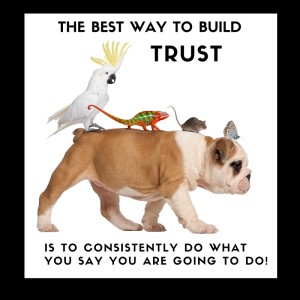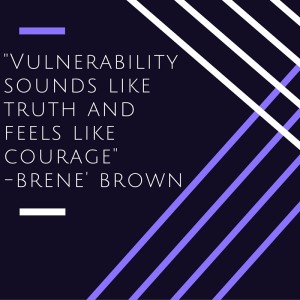The specific vernacular a candidate seeking a new opportunity uses tells a lot about them. Often candidates interchange the words “career” and “job” when speaking to employers. There is a big difference between the aspects of a career versus the aspects of a job so it is imperative that candidates are aware of how to use each word in the interview process.
The word career connotes long term dedication to a certain field or industry; whereas a job has much more of a temporal or even seasonal duration usually for short term provision. A career is often comprised of different jobs that have a common denominator for a specific purpose. A career typically is pursued by one that wants a higher degree of achievement and advancement of skills, abilities or knowledge.
I was recently trying to help a manager obtain a new career path within the restaurant industry. I interviewed him and I liked him. I thought he brought a good work ethic, seemed very honest and had a good mindset as to how to accomplish measurable results with both people and profit within a restaurant. A few years ago there was a year gap in his employment as a manager where he had claimed that he delivered pizza during that time. I asked him why he took the break from management because that can sometimes be a concern as to a manager’s commitment to a management career. He told me he just wanted to take on less responsibility and take a break. This answer initially threw up a red flag for me, but it puzzled me because the rest of our interview revealed a deeper passion and commitment for a career in management. Something did not line up, so I sought clarity. When digging a bit deeper he let me know his mother came down with a very awful disease that required her to move in with his family and for them to be her major care giver. He adamantly expressed his faith in family and desire to help her through this tough time. This was why he had stepped out of his management career temporarily. He needed a bit more flexibility to care for his mother. This is very noble and very few employers will penalize a candidate based on the life circumstance he faced. Truth is, he had a passion for a management career, but the season of life he was in required he step away from his career to focus on his family and get a job. The job, pizza delivery, still kept him active in the industry and helped him provide for short term needs. After I explained to him how he could market himself to let employers know about the temporary season of his life where he needed to take a break from his career and get a job there was a major difference in the way he would explain that period of time. He was relieved and much better equipped to sell himself to potential employers. The difference could open many doors for him. The awareness of your career path in relation to the different seasons of life is a consciousness I see few candidates express well. If you are a career seeker but there was a period of your career where you had to focus on something else and get a job, make sure you explain this in a way that will not turn employers off or concern them that you are not dedicated to a career.
Understanding the difference between a job and a career is pivotal to find the right path for you. As a recruiter I get to speak to many individuals who are seeking transition. Whether the individual refers to their transition as a job or a career tells me a lot about their mindset, goals and how they are applying themselves. I am continually trying to train leaders that they are not job seeking, they are career seeking. This is a small change in language that can have a large impact on the way one thinks of the work that they do on a daily basis.
Be aware of your target audience when you are interviewing. If you are trying to obtain a career, don’t talk about your desire for the job. Show the interviewer your commitment through the vernacular you use. Choose your words wisely and ace the interview!




